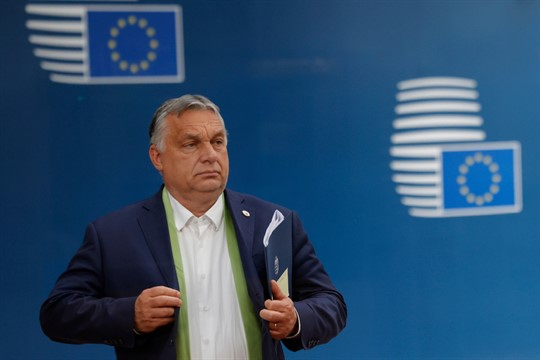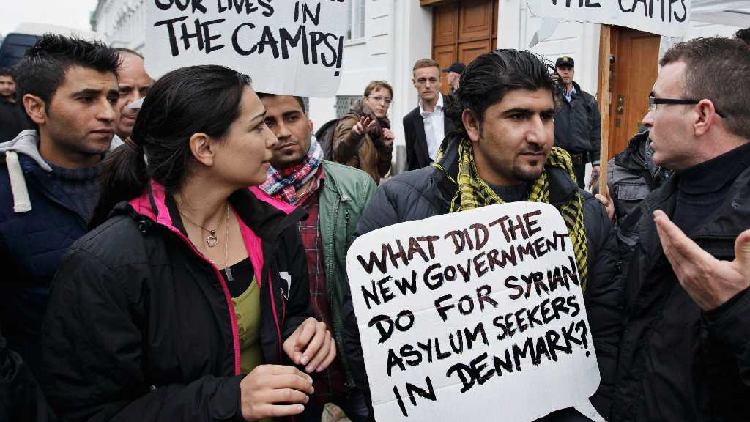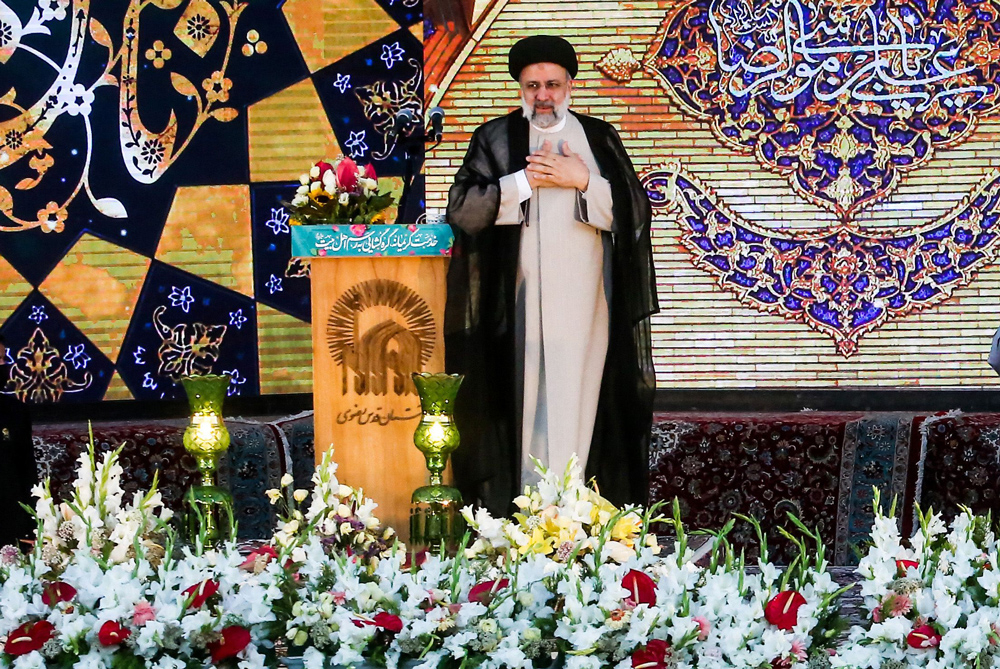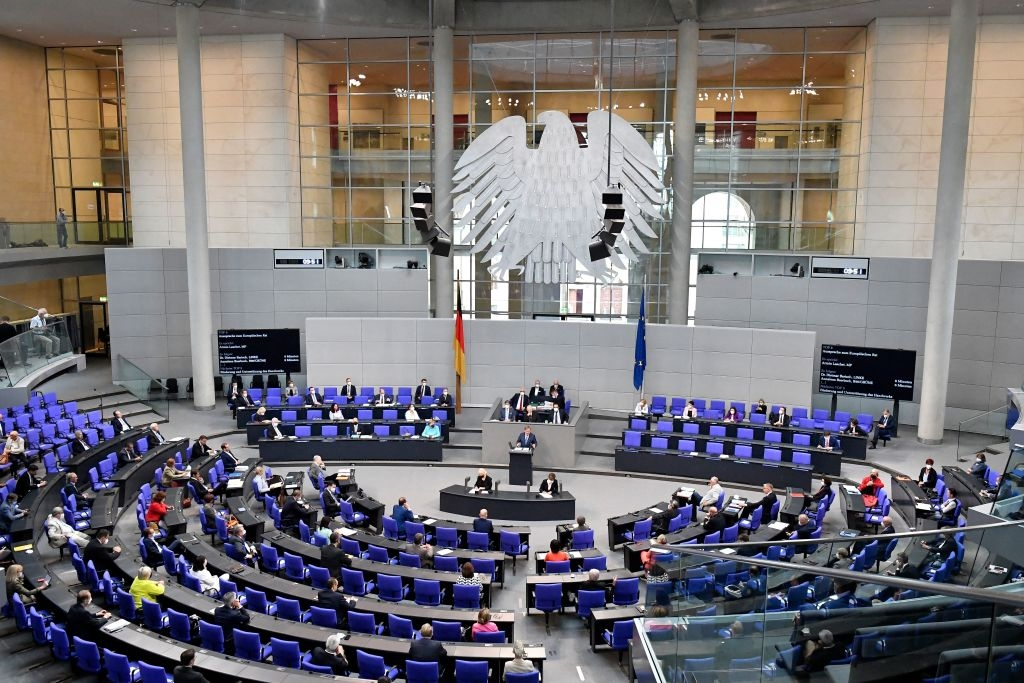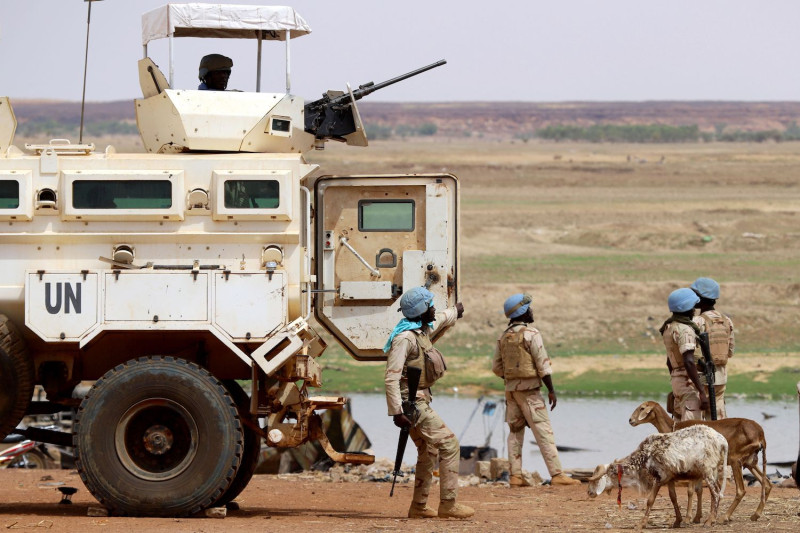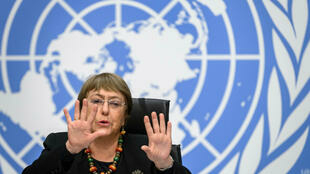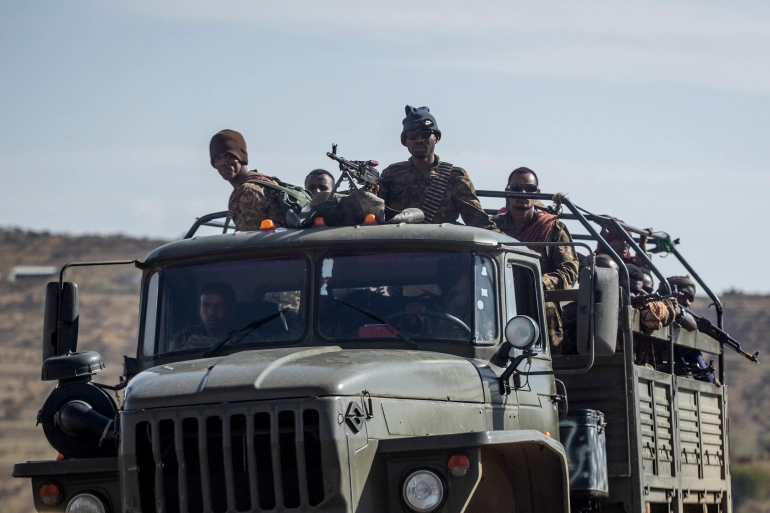
L’interception de près d’une demi-tonne de cocaïne au large d’Oran fin juin rappelle d’autres affaires de saisies de stupéfiants dans la région. Dont celle mettant en cause Kamel Chikhi, alias « le boucher ».
La chambre d’accusation près la cour d’Alger s’est penchée, ce 30 juin, sur l’affaire des 701 kg de cocaïne saisis, le 26 mai 2018, sur le navire MC Vega Mercury, en rade au port d’Oran, après trois ans d’une enquête judiciaire en dents de scie. Elle a notamment validé l’instruction autour de l’affaire, mais sans lever le voile sur les circonstances de l’introduction de cette quantité historique de drogue saisie. L’accélération de l’examen du dossier intervient après l’interception, dans la nuit du 26 juin au 27 juin, par les garde-côtes, de 490 kg de poudre blanche flottant sur l’eau, au large de la côte oranaise.
Pas moins de 442 plaquettes couvertes de sacs gris et noirs attachés par des cordes à des bouées avaient attiré l’attention des pêcheurs, qui ont donné l’alerte. Sans doute larguées par les narcotrafiquants, informés de l’imminence d’un contrôle du navire sur lequel était transportée la cocaïne.
Le réseau des narcotrafiquants n’a pas été neutralisé dans son intégralité, en dépit de multiples arrestations
